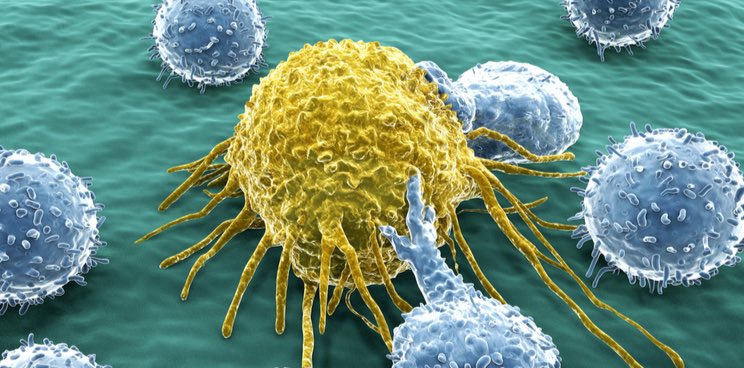Newsletter Signup - Under Article / In Page
"*" indicates required fields
The UK funder Cancer Research UK and Swedish oncology biotech Alligator Bioscience have independently announced cuts to payroll and research costs due to the coronavirus disease pandemic.
Cancer Research UK is cutting research funding by €50M after calculating it will lose a quarter or more of its annual fundraising income — or €137m — through its shops closing and fundraising events such as the London Marathon being postponed.
The organization, which funds nearly half the UK’s cancer research, will cut up to 10% off support to existing grants and institutes and around 20% off income to its national network of centers, with no new research projects funded for the first half of this year. On top of this, Cancer Research UK’s staff recruitment has been frozen and the executive board has taken a 20% pay cut, with staff being consulted over similar salary reductions.
“We have made funding cuts to most areas of our work including our drug discovery efforts and cancer early detection work,” Cancer Research UK Executive Director of Research and Innovation, Iain Foulkes, told me.
He warned: “The unprecedented measures to control the global Covid-19 pandemic have had a huge impact on cancer research. They have affected researchers’ ability to carry on in the lab, and many clinical trials have had to stop.”
Oncology is also showing signs of strain in the private sector, as with all areas of drug development. The Lund-based Swedish company Alligator Bioscience, which specializes in cancer immunotherapy, has temporarily halted patient recruitment into phase I clinical trials for two of its cancer drug candidates, a bispecific antibody and a monoclonal antibody.
On top of the trial halts, Alligator is now also pulling back from non-clinical activities and making 20% of its staff redundant — equivalent to 12 positions —to save more than €7m this year and allow the company to be financed for another 18 months.
There will be no changes to the trajectory of its most advanced agent, the antibody mitazalimab for pancreatic cancer, as no trials are currently recruiting and the company still plans to submit applications for phase II trials this autumn.
Alligator CEO, Per Norlén, told me the life science sector had an important role in fighting the pandemic, which could indicate it will be one of the first industries to recover afterwards.
“However, for the time being, access to risk capital is limited and since many small biotech companies are dependent on frequent capital injections, this causes a high degree of uncertainty,” he acknowledged. “This is one of the reasons behind Alligator now taking measures to prolong its cash runway.”
Times are also looking difficult for the oncology sector across the pond in the US. For example, the partners Aveo Oncology and Biodesix will be closing their phase II study of an antibody drug for blood cancer, citing difficulties with clinical sites due to the coronavirus disease pandemic.
Even bigger US biotechs are not immune. Amgen, for instance, has said its Phase II non-small cell lung cancer study is fully enrolled and it does not anticipate a significant delay in results, although it is temporarily pausing enrolment and screening in other trials. Meanwhile, the US messenger RNA therapeutics giant Moderna Therapeutics has also said that it will continue to recruit and treat patients in its oncology studies, but recognizes Covid-19 may have an impact on enrollment.
Back in the UK, Cancer Research UK has been shifting its resources to fight Covid-19, providing equipment and reagents for national testing and converting labs into mass testing facilities.
Many of its institutes and researchers have become involved in Covid-19 projects and it is supporting the UK Coronavirus Cancer Monitoring project, the first clinician-led reporting scheme to track the impact of coronavirus in cancer patients in the world.
“This is an incredibly challenging time for many, and we are committed to working with all our centers, institutes and researchers over the coming weeks to help mitigate the impact on their work and staff,” said Foulkes.
“We hope we can re-establish our clinical trials as quickly as possible to bring more life-saving treatments to patients everywhere.”
Images from Shutterstock






